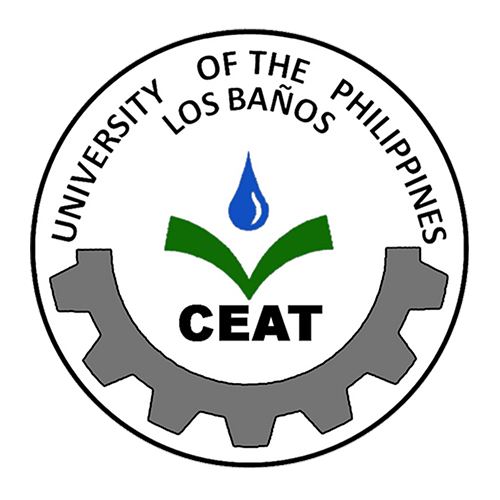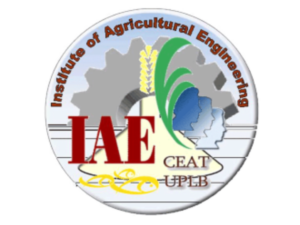
BS Agricultural and Biosystems Engineering
The undergraduate program provides the basic education for developing skills and professional knowledge common to the specialized fields of agriculture and biosystems engineering. The curriculum integrates engineering science and design with applied biological, environmental and agricultural sciences that allows the students to develop professional command of a particular specialized area of discipline such as agricultural and bio-process engineering, agrometeorology and farm structures or land and water resources engineering. The BS curriculum provides the basic entry level competencies into engineering designs, biosystems and agro-industrial development, operation processes and services including teaching and research. Undergraduate students enroll in a four-year curriculum that meets the minimum requirements set by the Commission on Higher Education and for the Professional Regulations Commission board examination for agricultural engineers. Graduates of the program are expected to apply their professional knowledge in tapping emerging technologies that will provide safe food and water to consume, renewable energy, a stable environment and products and processes that will improve quality of life and contribute to the agro-industrial development needs of the country.
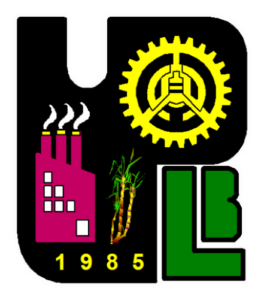
BS Chemical Engineering, General Curriculum
The graduates of this curriculum are expected to meet the technical manpower requirements of the newly emerging agri-based industries and traditional chemical process industries, specifically in the area of bio-process engineering and chemical process engineering. Chemical engineers with some understanding of bio-processes are needed to scale up production from laboratory to bench levels into industrial level. In the long run, local processing of raw materials into consumer and industrial products should help raise rural income, generate foreign exchange and protect the Philippine economy from adverse external trade conditions.
Students in this program may take the general curriculum or the major in Sugar Technology or Pulp and Paper Technology options which require 39 units of Revitalized General Education courses, and 3 units of a legislated course. The general curriculum includes at least 56 units of chemical engineering courses and 6 units of cognate courses which may be chosen from the following field: sugar engineering, food engineering, pulp and paper technology, management economics, scientific and technical communication, experimental design, wood science and technology, environmental chemistry, biotechnology and food microbiology. Six units are devoted to thesis to provide the student experience in integrating and applying his technical knowledge in solving industrial processing problems and generating new technologies relevant to agri-based industries.
The conclusion of microbiology, biochemistry and biotechnology courses in the curriculum will strengthen the student’s background in agri-based industries.
BS Chemical Engineering, major in Sugar Technology
The graduates of this curriculum are expected to meet technical manpower requirements of the sugar industry and allied industries. With solid background in both chemical engineering and sugar technology, it is envisioned that this program will develop graduates who possesses competency and proper perspective to meet the changing needs of the sugar industry and related agro-based industries.
Students in this program may take the thesis or practicum option. Both options require 22 units of Sugar Technology courses, 42 units of Chemical Engineering courses and 6 units of thesis/practicum.
BS Chemical Engineering, major in Pulp and Paper Technology
The graduates of this curriculum who are sufficiently trained in the science and technology of pulp and paper making are expected to meet the professional manpower requirements of the pulp and paper industry. With strong backgrounds in both chemical engineering and in pulp and paper science and technology, it is expected that this program will produce globally competitive professionals equipped with the knowledge of the process involved in converting wood and fibers, and recycling the same, into paper.
Students of this program may take the thesis or practicum option. Both options require 27 units of Pulp and Paper courses, 39 units of Chemical Engineering and 6 units of thesis/practicum.
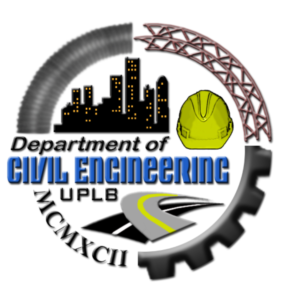 BS Civil Engineering
BS Civil Engineering
One of the most important aspects of rural development in the Philippines is the continuing need for infrastructures for transportation, communication, commerce, education, human settlements, energy development and agriculture. In the age of modern technology and interdependence of people and institutions, civil engineers constitute a specialized group of trained manpower whose expertise is indispensable for the design and construction of infrastructures for public and private use.
The Southern Tagalog Region, in particular, is an emerging agro-industrial center with a high-projected need for irrigation and drainage, roads, bridges, manufacturing plants, agro-processing facilities, warehouses and port development. There are parallel high growth needs in residential homes, business offices, water supply systems and waste-disposal facilities. In the total picture, competent civil engineering graduates with other professionals are needed to affect the development of structural systems that are safe, economical and efficient. The UPLB seeks to help upgrade in the long run, the quality of civil engineering education in the country, particularly in the Southern Tagalog Region.
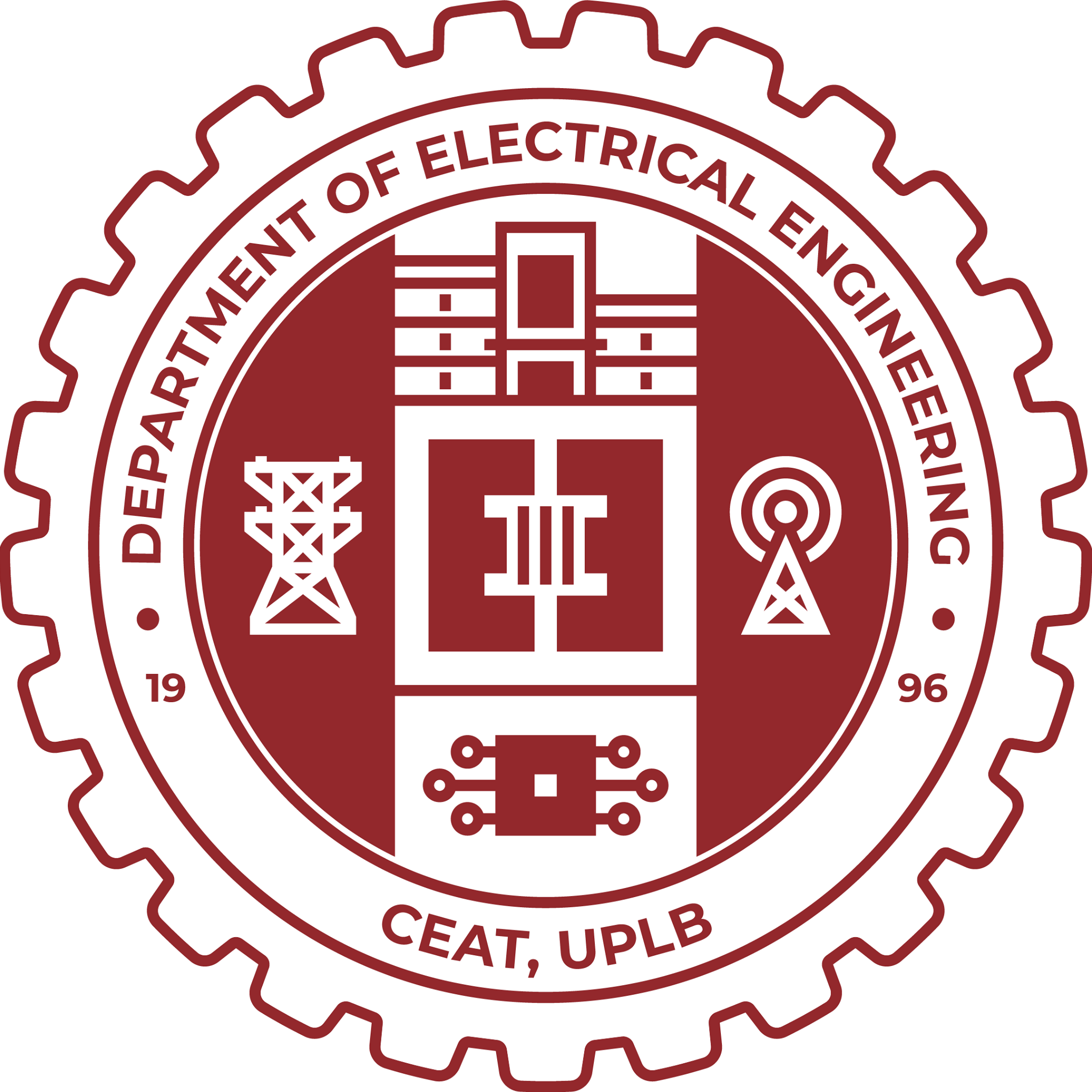 BS in Electrical Engineering
BS in Electrical Engineering
The curricular program offers an excellent opportunity for the students to acquire solid academic preparations in electrical and electronic circuit theory and analysis. Graduates of the program are expected to be fully equipped and able to enhance the level of their competencies as they chart their professional careers in the development mainstreams, particularly in power, electronic and computer engineering including equipment/instrument design.
The curricular program was conceived in response to the dire need for well-trained electrical and electronic engineers in all sectors of development, both the local and global scales. In the Philippines, graduates of electrical engineering are key players as the country modernizes in agriculture systems and accelerates in rural-urban and industrial base for the 21st century.
Each student can specialize in one or more of the following fields: (a) power engineering, (b) electronic engineering and (c) computer engineering. Moreover, the student may choose a thesis research or practicum as a specialization course.
 BS in Industrial Engineering
BS in Industrial Engineering
This curricular program aims to enable its students to have the competence to plan, design, install and evaluate integrated systems of personnel, materials, equipment, energy and information in ways that reduce costs and increase system efficiency and effectiveness. Through the program, the students are provided technical competencies for industrial systems analysis, design, and management.
The BSIE program meets the minimum standards and other requirements set by the Commission on Higher Education. Graduates of the program are expected to apply their knowledge and skills for the industrial development needs of the Philippines.
The academic program is distinct from other curricula in industrial engineering in that requires the students to conduct and document a thesis research of practicum study before they graduate.
The UPLB BSIE program is highly recommended for high school graduates who are good in mathematics, physics and chemistry and have been keen interests in industrial systems processes, organization and management.
